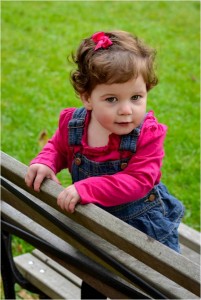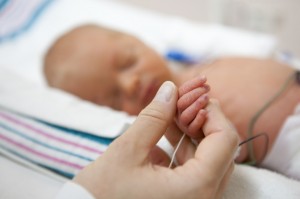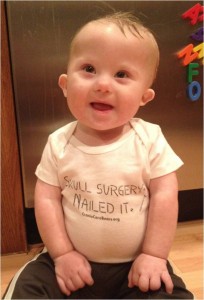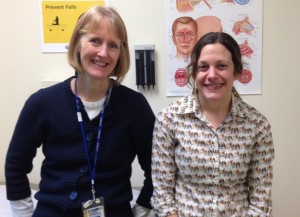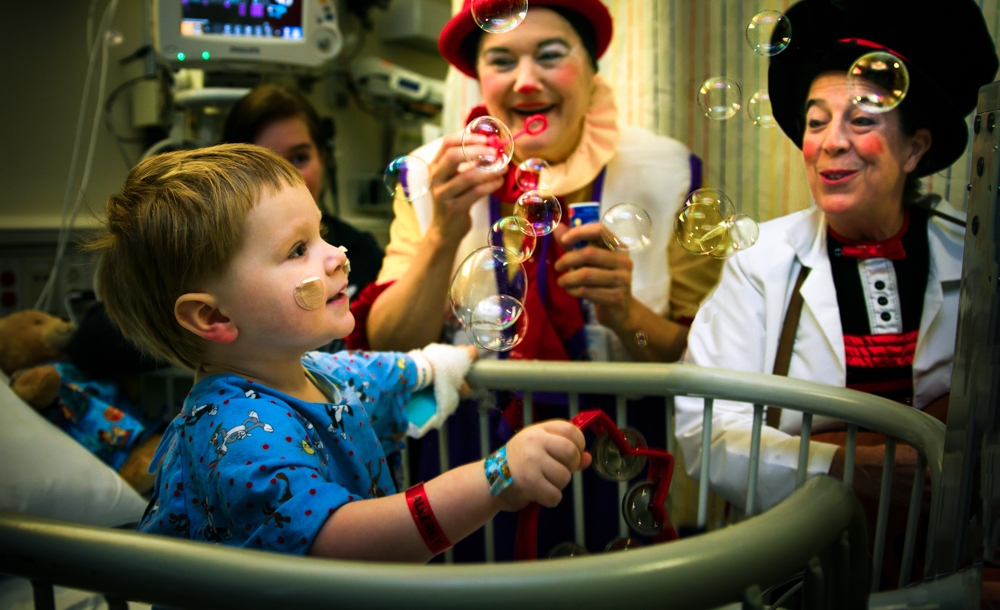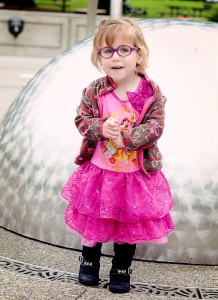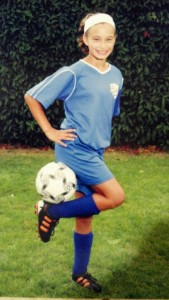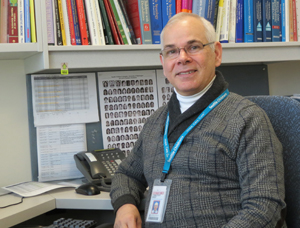Meet Olivia Rickert and Michile Smith: Two generations apart, but linked forever by their special hands. When Olivia Rickert was still in utero, an ultrasound at 20 weeks revealed that she had inherited a genetic mutation passed down from her mother and maternal grandmother. In Olivia’s case, the mutation was expressed as a cleft (split) […]
Update: In January 2020, the New England Journal of Medicine published results from the completed PENUT (Preterm Epo Neuroprotection) Trial. The study found that erythropoietin (Epo) treatment administered to extremely preterm infants did not result in a lower risk of neurodevelopmental disabilities when tested at 2 years of age. Babies receiving Epo as part of […]
In honor of World Down Syndrome Day, Melanie Harrington shares excerpts from her blog, Our Journey Through Life – a rich chronicle of a baby’s fighting spirit and a mother’s courage to walk “the road less traveled” and arrive a better person. May 2012: Our world changes forever We get the call we’ve been dreading: […]
Katie Davenport and the other nurses on the surgical unit at Seattle Children’s Hospital generally use oral or underarm thermometers to take patients’ temperatures. But in other areas of the hospital, clinicians use temporal thermometers, which take readings with a simple forehead swipe. Parents who have seen the temporal thermometers in action often ask Katie […]
If you happen to stroll through Seattle Children’s Hospital’s medical or surgical unit on a Tuesday, you’ll notice something’s a little different – the air feels a little lighter. You’ll likely hear sounds of music and laughter flowing through the halls, and you may even encounter a juggling act. The spirits of patients, families and […]
In honor of American Heart Month, we are sharing Gabrielle’s incredible journey from sick baby to healthy toddler. Christen Simon was 18 weeks into her third pregnancy when a routine ultrasound revealed the unthinkable: a serious birth defect. The daughter that Christen and her husband would call Gabrielle would need a heart transplant soon after […]
In honor of American Heart Month, we are sharing a series of stories about some of our incredible heart patients who have overcome the odds. Nobi Johnson was a seemingly healthy, charismatic and extremely athletic 13-year-old girl. She excelled at sports and was a star on the basketball court and soccer field. There was nothing […]
Last fall, 20-year-old Milton Wright III was given a death sentence. Today, he is expected to live a long, healthy life. This is the incredible story of how two determined researchers and the parents of a young boy came together to save him. On Sept. 18, 2013, 20-year-old Milton Wright III walked into Seattle Children’s Hospital […]
Over the past two years, 17-year-old Nicky Richens’ life has transformed. He has found independence and a sense of freedom that he has never before known thanks to a small, discrete device called a phrenic nerve stimulator. Nicky was born with congenital central hypoventilation syndrome (CCHS), a rare disorder that affects the autonomic nervous system […]
Like many of his patients, Tim Brei, MD, lives with spina bifida, a birth defect of the spinal cord. He understands the challenges facing his patients and their families because he faces them, too. After 24 years at the Indiana University School of Medicine, Brei moved west in August 2013 to join the Developmental Pediatrics […]

